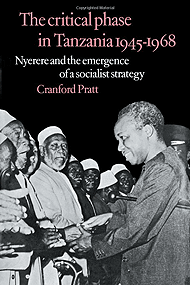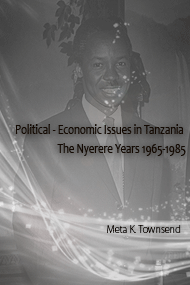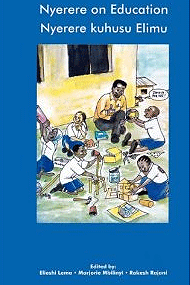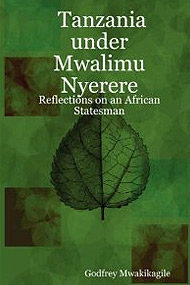Nyerere’s legacy of poverty and repression in Zanzibar
By Ann Talbot - 15 November 2000
Opposition parties boycotted the rerun election in the East African archipelago of Zanzibar, after the previous attempt to hold elections on October 31 ended in chaos.
The government was forced to re-run the election in 16 of the islands' 50 constituencies after election observers reported that some polling stations did not open, that there were no election materials at others, ballot boxes were tampered with and some people voted more than once.
Foreign television crews filmed police beating supporters of the opposition Civic Union Front who protested. Reporters, including Ali Saleh from the BBC, were arrested. Another BBC reporter, Sulaiman Salim, went into hiding when he learned that the police were searching for him.
The Commonwealth Observers Group said that the election was a shambles and showed “colossal contempt for the Zanzibari people and their aspirations for democracy. "US State Department spokesman Richard Boucher said, "We are deeply concerned about the failure of the electoral process in Zanzibar." A European Union spokesman said that the government must find "a solution which is acceptable to all parties in Zanzibar."
Under such pressure the government was obliged to organise a re-run, but it rejected a demand from the Civic United Front, the main opposition party, that all 50 constituencies should be re-balloted.
In the week preceding the re-run on November…






